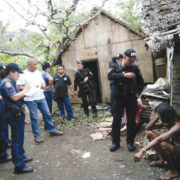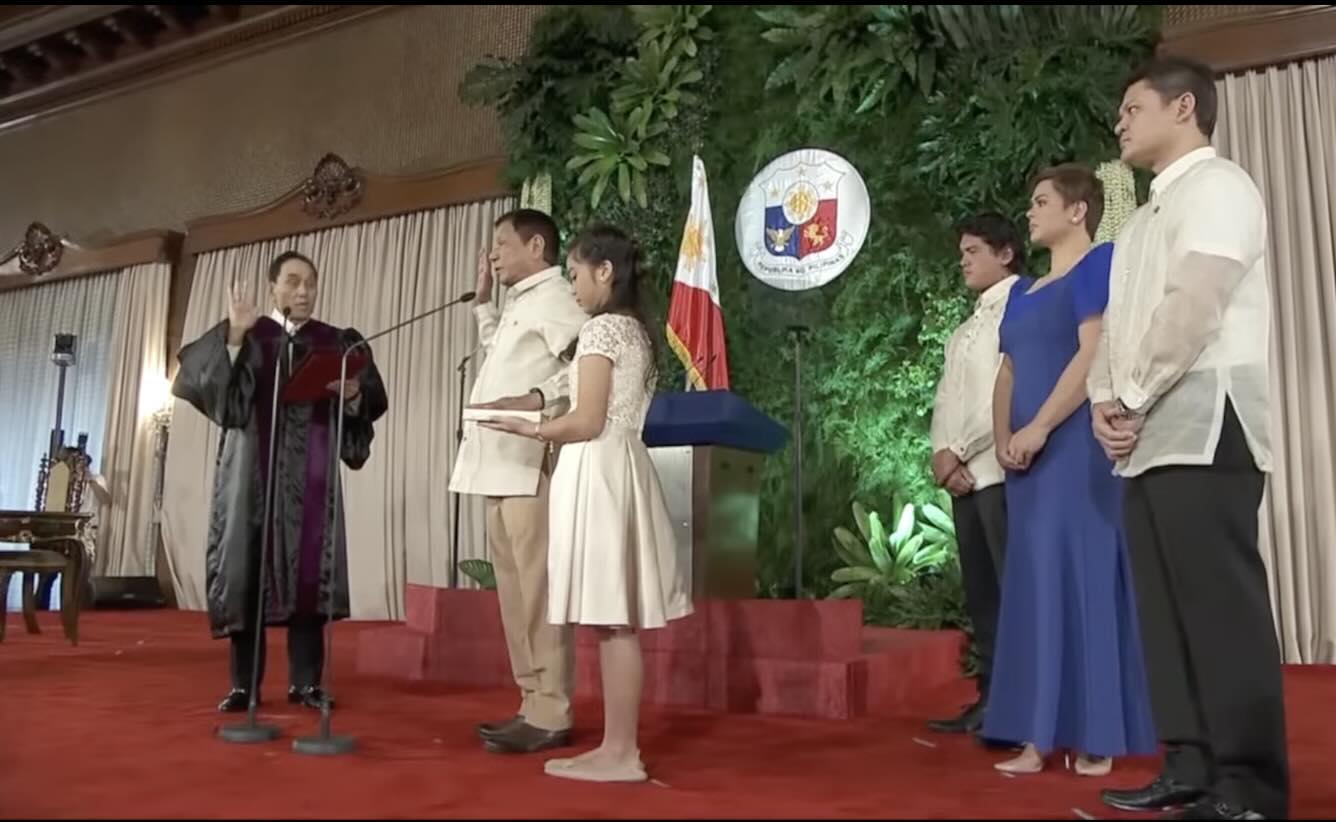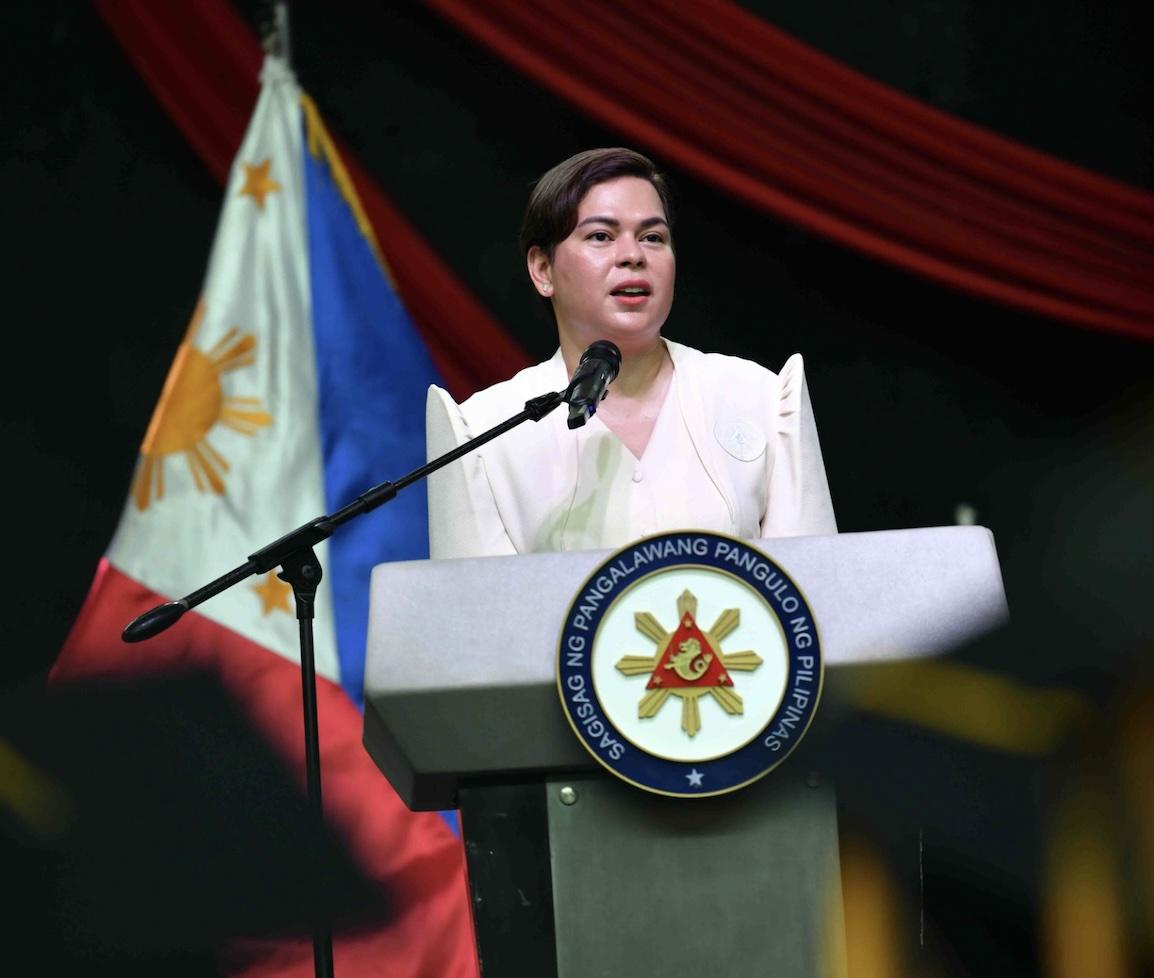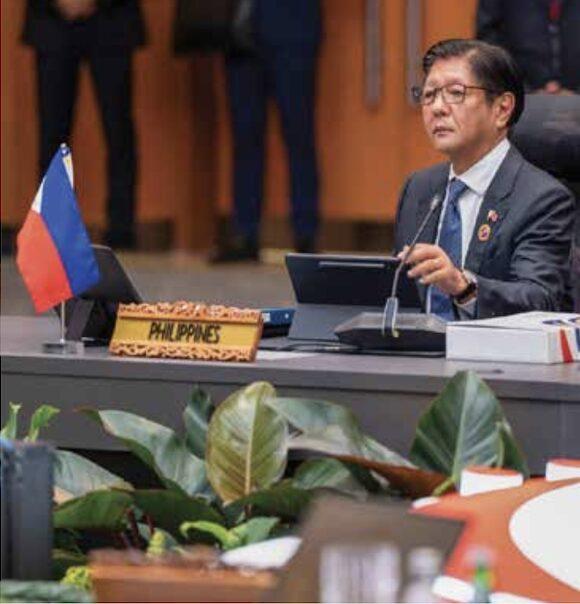The International Criminal Court (ICC) is set to begin its “preliminary examination” into crimes against humanity allegedly committed by Philippine President Rodrigo Duterte under his ongoing campaign against illegal drugs.
Malacañang on Thursday, February 8, confirmed that the ICC’s Office of the Prosecutor (OTP) will look into the country’s situation to determine if there was a basis to conduct a formal investigation against the president.
In a press briefing, Palace Spokesperson Harry Roque relayed that Duterte welcomed the ICC’s move as it would serve as an opportunity to belie allegations against him.
“The president and I met about this extensively for two hours last night. The president welcomes the preliminary examination because he is sick and tired of being accused,” Roque told reporters.
Clarifying the difference between preliminary examination and investigation, the Palace official emphasized that the former was “just collection and verification of information.”
“We note that this is only a preliminary [examination]. The Office of the Prosecutor is merely exercising her mandate to determine whether there is reasonable basis to proceed with an investigation into a situation pursuant to criteria in the Rome Statute,” he explained.
While welcoming the ICC’s move, Malacañang, however, tagged the ICC’s move as a “waste of the court’s time and resources.”
Malacañang maintained that drug war-related deaths do not constitute “crimes against humanity” because “the ongoing war on drugs is an exercise of the police power in dealing with the problem of drug trafficking.”
“Because the war against drugs is a lawful and legitimate police operation, it cannot be characterized as an attack against civilian populations,” Roque added.
The Palace official also stressed that the Philippine government has not shown unwillingness to prosecute erring officials.
“Remember, the International Criminal Court is not a court of first instance. All countries to the ICC signed up to it because they wanted the court to be a court of last resort,” he said.
ICC Prosecutor Fatou Bensouda earlier announced that the court will look into the country’s situation following a “careful, independent, and impartial review of a number of communication and reports.”
“The preliminary examination of the situation in the Philippines will analyse crimes allegedly committed in this State Party since at least 1 July 2016, in the context of the ‘war on drugs’ campaign launched by the Government of the Philippines,” Bensouda said in a statement.
She also noted since Duterte assumed presidency in July 2016, it has been alleged that “thousands of persons have been killed for reasons related to their alleged involvement in illegal drug use or dealing.”
“While some of such killings have reportedly occurred in the context of clashes between or within gangs, it is alleged that many of the reported incidents involved extrajudicial killings in the course of police anti-drug operations,” she added.
In April last year, lawyer Jude Sabio filed a communication before the ICC, accusing Duterte of masterminding mass murder “repeatedly, unchangingly, and continuously” in the Philippines.
Months later, Senator Antonio Trillanes and Congressman Gary Alejano also sent a supplementary communication against the Filipino leader, urging the ICC to look into the country’s drug war.
In separate statements, Sabio, Trillanes, and Alejano welcomed the ICC’s decision to conduct a preliminary examination.
“[Duterte’s] system of death squad killings since the Davao Death Squad (DDS) that he continued in the war on drugs will now be investigated by the ICC and justice will be done,” Sabio said, adding that he felt “elated and vindicated” by the news.
Trillanes, meanwhile, remarked that the latest development should “jolt Duterte into realizing that he is not above the law.”
“More importantly, this is the first step for the victims’ families’ quest for justice,” the senator continued.
Alejano shared the same sentiments, saying that the preliminary examination will serve as the “first step towards bringing justice to the families and all the victims of the war on drugs.”
“I am confident on the communication we sent to the ICC and strongly believe that President Duterte and those who perpetuate and defend this policy of killing should be held accountable before the law,” Alejano said. “The ICC, stepping in, is a ray of hope amid the compromised rule of law under this administration.”
Established in 1998 under the Rome Statute, the ICC is a “court of last resort” that aims to hold those responsible accountable for crimes concerning the international community such as genocide, war crimes, and crimes against humanity.
The Philippines has been among the state members of the ICC since November 2011.






